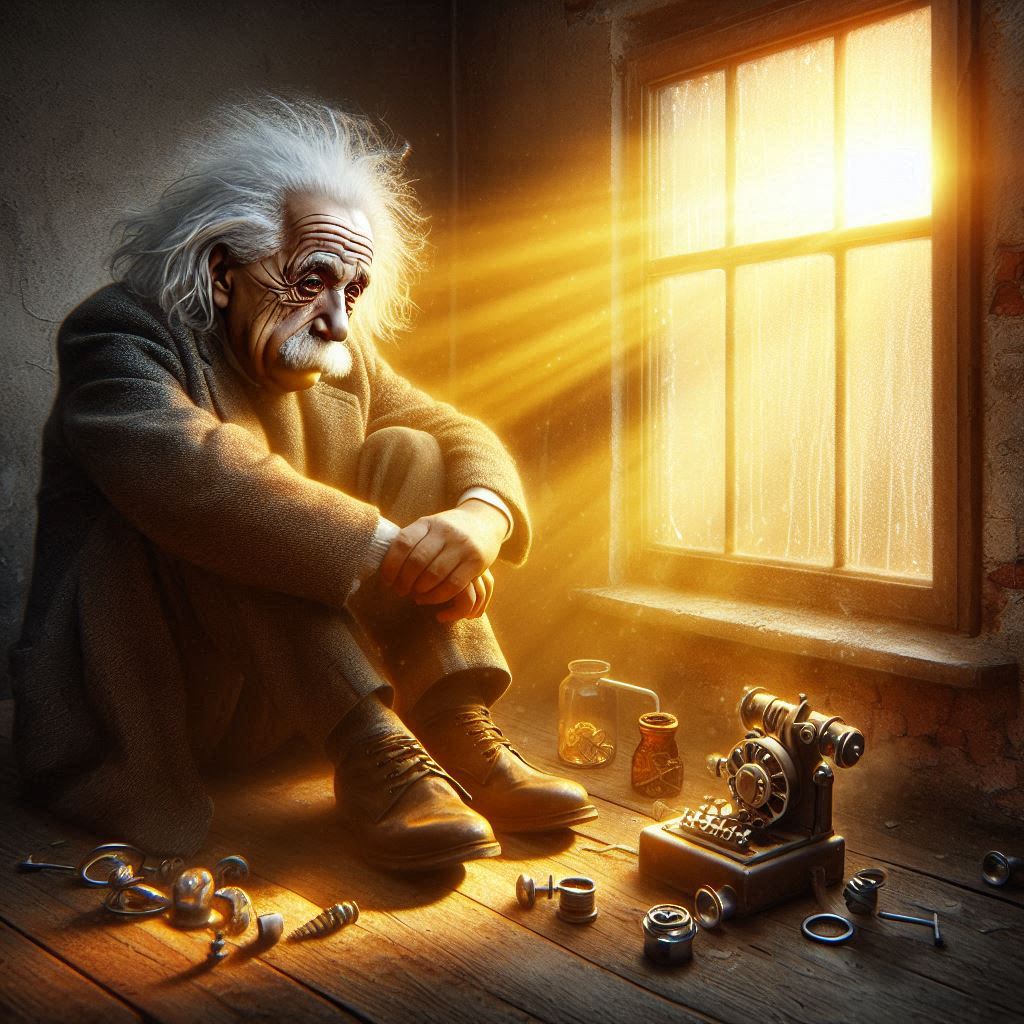August 2 marks a significant date in world history. Anyone familiar with major historical events knows the story behind the atomic bombings of Hiroshima and Nagasaki. August 2nd is the date when the renowned physicist Albert Einstein wrote to President Franklin D. Roosevelt, emphasising the urgency of advancements in nuclear fission chain reactions and the potential creation of an atomic bomb. Known as the Einstein–Szilard letter, this correspondence, written by Leo Szilard and signed by Einstein on August 2, 1939, was intended to warn President Roosevelt about the possibility of Nazi Germany developing an atomic bomb. The letter suggested that the United States should commence its own nuclear program.
Einstein, though originally from Germany, had been residing in the United States since fleeing Germany in 1933 due to the rise of the Nazi regime. He was deeply concerned about the potential threat posed by Nazi Germany developing nuclear weapons. Hitler was regarded as a ruthless leader with no moral constraints, having violated the Treaty of Versailles and the non-aggression pact with the USSR. His untrustworthiness, evidenced by broken promises to Chamberlain regarding territorial demands in Europe, made the prospect of nuclear weapons in his hands particularly alarming. Einstein and several other scientists shared this concern.
Atomic bombs, a type of nuclear weapon, operate on the principle of nuclear fission. The fundamental process involves splitting the nucleus of a heavy atom, such as Uranium-235 or Plutonium-239, releasing a tremendous amount of energy, as expressed by Einstein’s famous equation E = MC^2.
This fission process makes the nucleus unstable and causes it to split. A critical aspect of atomic bombs is the chain reaction, where the initial fission releases neutrons that are absorbed by other nuclei, perpetuating further fissions. When this chain reaction occurs rapidly and uncontrollably, it releases an enormous amount of energy, leading to mass destruction, as witnessed in Japan.
The crucial question was whether Germany could develop the atomic bomb. When Einstein first learned about the potential of an atomic bomb, his reaction was, “I did not even think about that.” He escalated the matter to higher authorities to warn them about Germany’s proximity to developing such a weapon, which could be disastrous for the world. However, scientists like Enrico Fermi and George Pegram were skeptical about the likelihood of this event. This skepticism was one reason why economist Gustav Stolper hesitated to convey Szilard and Wigner’s concerns to President Roosevelt. To add weight to their warning, it was decided that the letter would be signed by Albert Einstein, ensuring the matter was taken seriously.
Once President Roosevelt was made aware of the recent developments and the potential catastrophe, an all-out bomb development program, known as the Manhattan Project, was initiated, with support from various institutions. J. Robert Oppenheimer, often called the "Father of the Atomic Bomb," served as the director of the Los Alamos Laboratory during World War II. Einstein did not participate in this project as he was denied security clearance. Publicly, it is understood that his celebrity status posed a potential security risk to the highly confidential project. Additionally, Einstein’s pacifist philosophy and his specialisation in theoretical rather than experimental physics further contributed to his non-involvement.
The Manhattan Project succeeded in developing and testing the atomic bomb on July 16, 1945, in the New Mexico desert, using a plutonium implosion-type design. The tested bomb led to the deployment of atomic bombs on Hiroshima and Nagasaki on August 6 and August 9, 1945, respectively. These bombings caused unprecedented destruction, primarily affecting civilians. Although controversial, President Roosevelt, who had passed away earlier that year, did not directly order the bombings of "Little Boy" and "Fat Man." President Harry S. Truman made the decision.
This decision became one of Einstein’s greatest regrets. In a 1947 interview with Newsweek magazine, Einstein stated, "Had I known that the Germans would not succeed in developing an atomic bomb, I would have done nothing." Despite Fermi and Pegram’s certainty that Germany was unlikely to develop an atomic bomb, it was Einstein’s credibility that prompted Gustav Stolper to present their concerns to the President, planting the seed for this monumental and tragic chapter in history.
Vivan Pande
Disclaimer: The opinions expressed in this article are solely those of the author and are not intended to spread misinformation or manipulate anyone. The information provided is based on the author's knowledge to the best of their ability. Readers are advised to conduct their own research and seek professional advice as needed. The author takes no responsibility for any actions taken based on this article.
